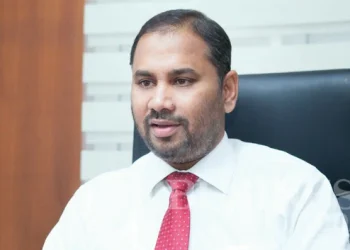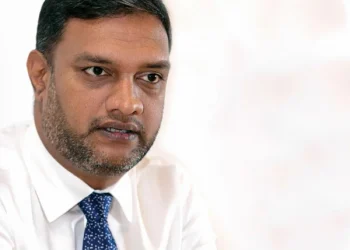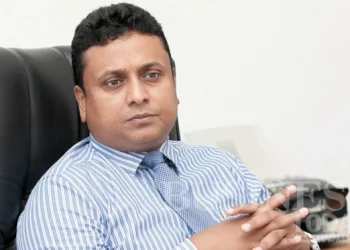
Poorna Bandara, Director Consulting – IFS Sri Lanka talks about how companies can look forward to shorter ERP implementations in the years to come. A graduate from the University of Peradeniya, he has over 19 years of experience in the ICT industry specialising in ERP consulting from several countries.
Today business environments are expected to be attuned with the fast paced world. Hence, Rapid Implementation methodology has become essential. A strong advocate of the Rapid Implementation method, Poorna Bandara commented, “six months is enough time for the complete overhaul of a business. The life cycle of ERP products has become much shorter than ever before. If the ERP implementation takes longer, it is likely that the business and the ERP version are substantially different and hence they face the risk of having to implement an outdated ERP and an outdated set of processes.”
While commenting on the guiding principles in a Rapid Implementation methodology, he said, “Rapid Implementation advocates minimum documentation allowing maximum face time with the customer. The system is configured dynamically with the aid of key users from the very first interaction. Consultants and key users dynamically work towards configuring the system to map the business process, which results in a demonstrable, configured system much earlier than the traditional approach. Customer agrees on the mapping upon seeing a replica of the final solution rather than treading the usual As-Is/To-Be documentation sign off process.” One of the biggest time consuming aspects in ERP implementation is customisation of the projects. Rapid Implementation strives for zero programmed customisations.
Poorna Bandara revealed that the modern ERPs are easy to implement without the necessity of carrying out any programmed customisations.
He said, “ERP implementation can become very challenging when there is a component of software development. Eliminate software development cycles completely taking advantage of features such as dynamic configuration, non-programmatic addition of fields and new process windows. Customisations are a huge liability for long-term maintenance and upgrades and is the main cause for system issues and project delays.”
There are numerous difficulties involved in the implementation of a new technique, starting from training implementation teams to a new line of thinking. Bandara said that it is a slow process and the ERP project manager has a major role to play towards establishing the right belief system. “Whether you complete the project within three months or three years has to do with what you believe is possible. The biggest problem we have is that most ERP projects in the past have taken such long periods, many still believe that ERP implementations are usually long drawn.
The best approach is to tangibly show the project team by introducing the team to reference visits,” he said.
IFS is spreading the message of positivity of Rapid Implementation with real life examples of reference cases taken from Sri Lankan Projects. Apart from marketing cost-effective and convenient ERP solutions to South Asia, the company also has a large R&D centre in Colombo, which is supported by a staff of 650. With the principles of advocating practical cutting edge technology, IFS is one of the fastest growing ERP solutions provider that shows promise for the future as well.





